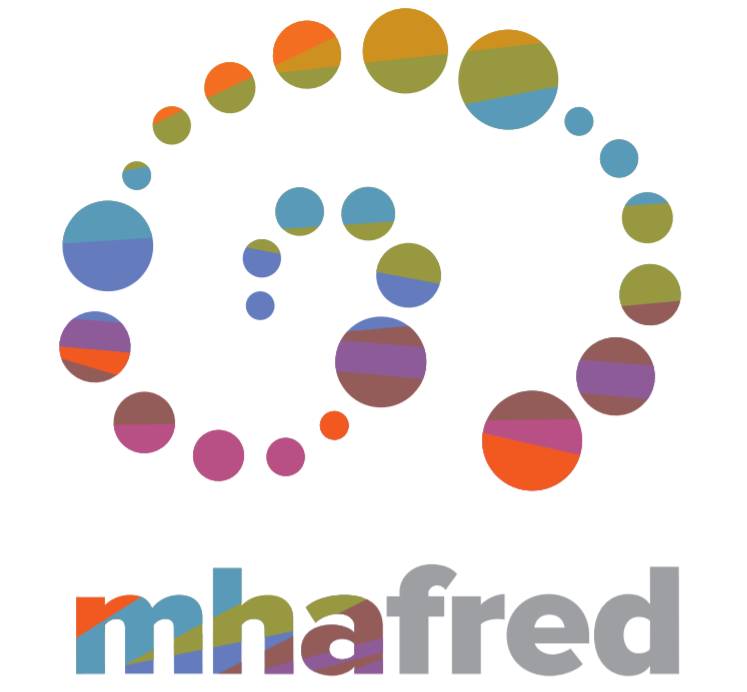The Facts
Each year, 1 in 5 adults in the United States experience a mental health condition (SAMHSA, 2021). Certain factors, like experiencing trauma, lacking support systems, and having limited access to health care, can leave minorities, including BIPOC (Black, Indigenous, and People of Color), at increased risk for behavioral health disorders.
BIPOC communities face unique mental heal challenges. Their experiences are shaped by historical and systemic factors such as discrimination and racism. These factors can significantly affect an individual’s mental well-being. Cultural influences can also impact how people in BIPOC communities ask for help with mental health challenges. In 2021, Multiracial adults 18 and older were more likely than any demographic to have Any Mental Illness, or AMI. MHAfred’s mission is to help all of our communities’ members connect with the resources they need with our MHAfred HELPLINE. Available from 9:00 am – 2:00 pm Monday through Friday, our staff is here to assist you.
This year, the U.S. Department of Health and Human Services Office of Minority Health (OMH) is focusing on improving mental health outcomes for racial and ethnic minority communities through its 2024 theme, Be the Source for Better Health: Improving Health Outcomes Through Our Cultures, Communities, and Connections. This theme calls on each of us to better understand how the unique environments, cultures, histories, and circumstances of BIPOC populations impact their mental health. Use this toolkit to promote this month!
The Resources
Here are some specific resources for BIPOC populations that focus on their mental health and well-being:
- Questions for BIPOC individuals to ask when selecting a counselor or therapist
- The Black Emotional and Mental Health Collective (BEAM)
- The Asian Mental Health Collective
- The National Asian American Pacific Islander Mental Health Association (NAAPIMHA)
- Therapy for Latinx
- The One Sky Consultant Database for American Indian/ Alaskan Native mental health
- National Minority Health Month 2024 Reading List
Informational Resources from Mental Health America:
- Sharing generational wisdom
- BIPOC mental health myth-busting
- Breaking down mental health stigma in BIPOC communities
- How to cope when your community is under attack
Check back after July 29, 2024, when SAMHSA’s newest report will be released, based on reported data from 2022.

